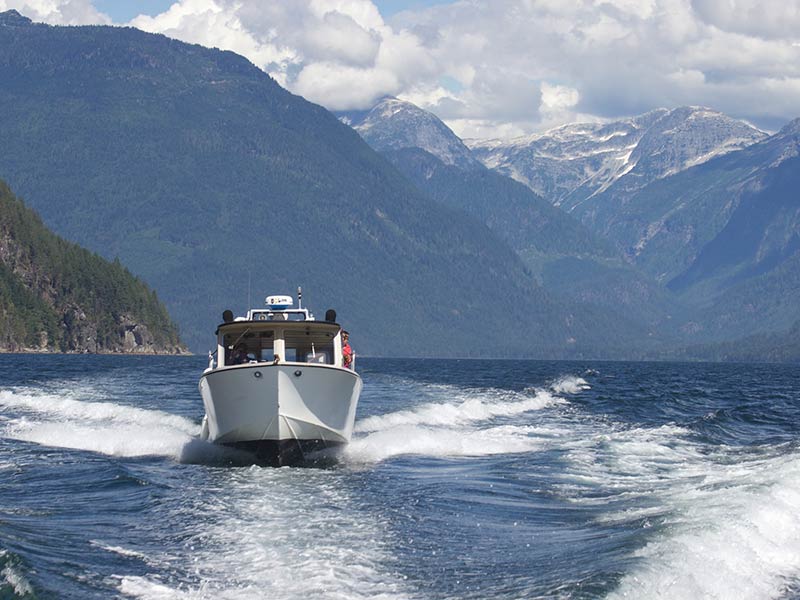
24 Mar Should I charter | Or buy a ticket?
Special Note
Sunshine Coast Tours charters are all time charters. You pay for boat time. Responsibility for providing a passenger vessel and its operation remain with us. We provide boats that meet “Small Passenger Vessel” standards. Our (licensed) master (captain) will direct the operation and has discretion.
What is a charter?
Charter is a contract whereby you hire the whole ship. As with any contract, it can be quite a complex agreement. You should be familiar with your charter party details and the responsibilities and liabilities you are taking on.
There is no such thing as a “charter vessel”. Any vessel can charter. Charter does not excuse or limit responsibility to meet standards for the job you take on. For example, “passenger” is a defined term and “passenger vessel” is a class of vessel with defined standards.
Should I charter?
Charter is absolutely the right option; for some customers and under some conditions. Consider a charter if:
– the trip you want has no ticket sale schedule at a convenient time
-your or your group want special arrangements
– there is a desire or need for exclusion of others
Simply trying to get a deal or negotiate a lower cost is generally not a good reason to charter.
What are the responsibilities of a charterer?
Read your contract!
You could be taking on all the responsibilities of a vessel owner and or operator. You may be responsible for additional charges after the trip. You may be responsible for operations and consequences. This is particularly significant if there is an incident resulting in damage or injury.
Should there be damage or injury, and an ensuing claim you may need to mount a defence. There is lots of latitude for argument after the fact. However, more prudent risk management is to have issues of responsibility clear to start.
For our purposes here, most charters involve carrying passengers. Make sure your vessel of choice meets passenger standards as defined by Transport Canada. Standards apply to vessel construction, outfitting and maintenance as well as crewing.
There is a history of passenger vessel owners trying to avoid responsibility to meet passenger standards by offering their vessel for “charter”. There is significant case law covering this practice. “Passenger” is widely interpreted. Be aware if you are trying to navigate through this technicality.
Passenger standards
In Canada, Coast Guard does not inspect or certify vessels. Canada Coast Guard is part of Transport Canada but responsibility for vessel inspection lies within a different branch. Inspection standards vary with size and type of vessel.
(Note: Small passenger vessels like the ones used by Sunshine Coast Tours fall in the Blue Decal program. Inspections are self-directed. Vessels are subject to periodic, unscheduled review by Transport Canada personnel.)
Royal Canadian Marine Search and Rescue (RCMSAR) is a not-for-profit volunteer-based organization with over 900 volunteer members. Their members are available to do safety checks for recreational boat owners if invited RCMSAR inspections reflect safe boating standards as they apply to recreational vessels, not commercial vessels.
